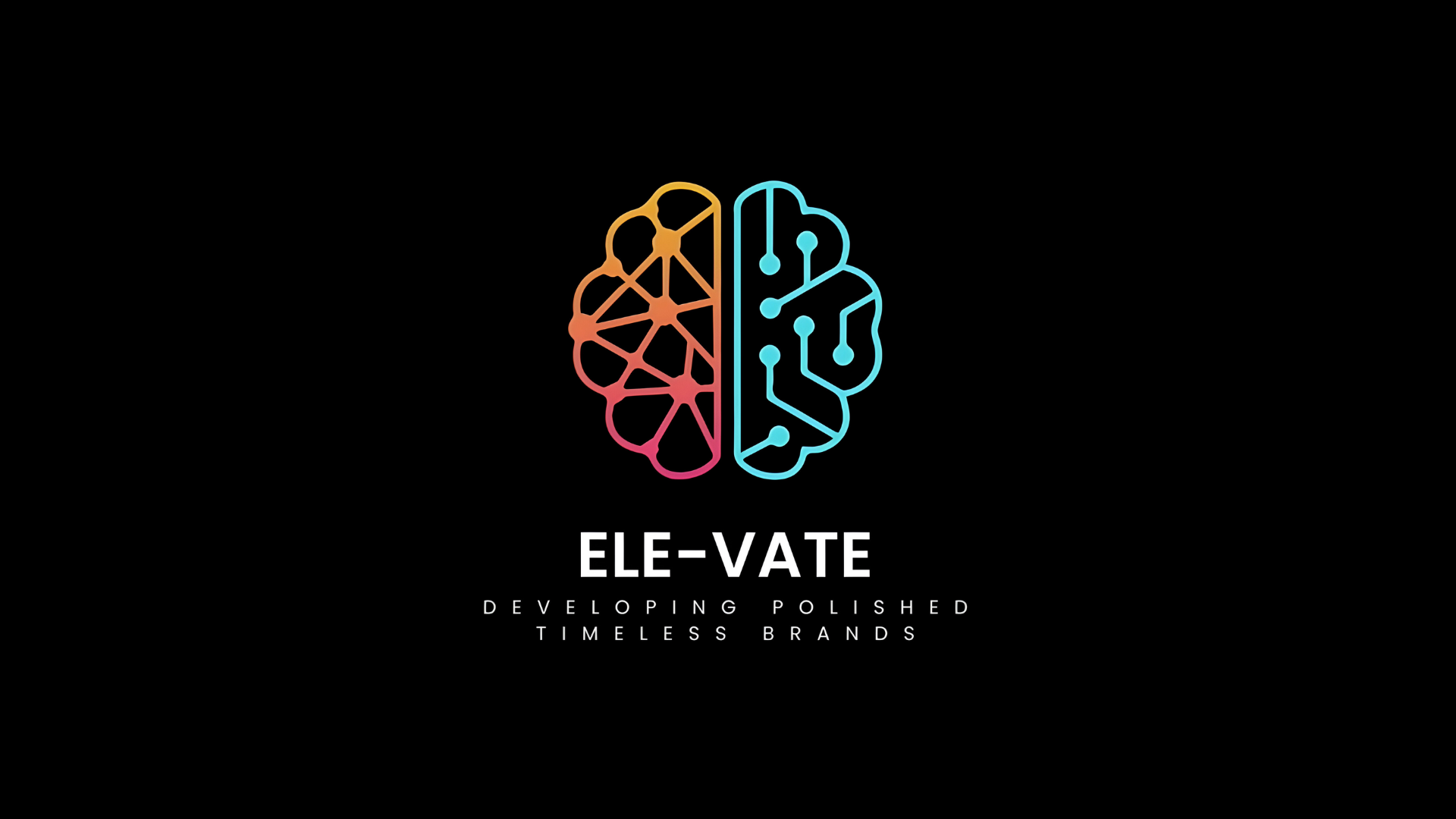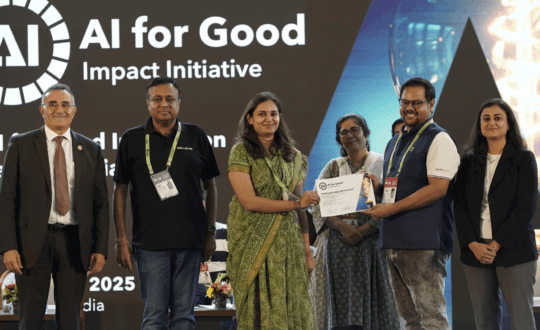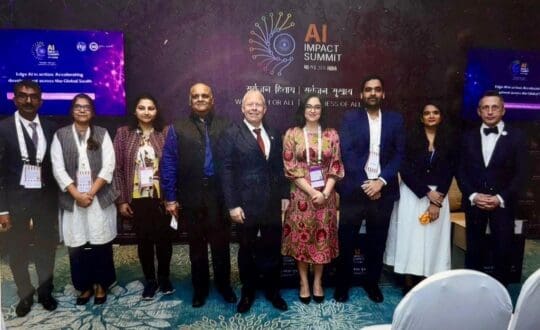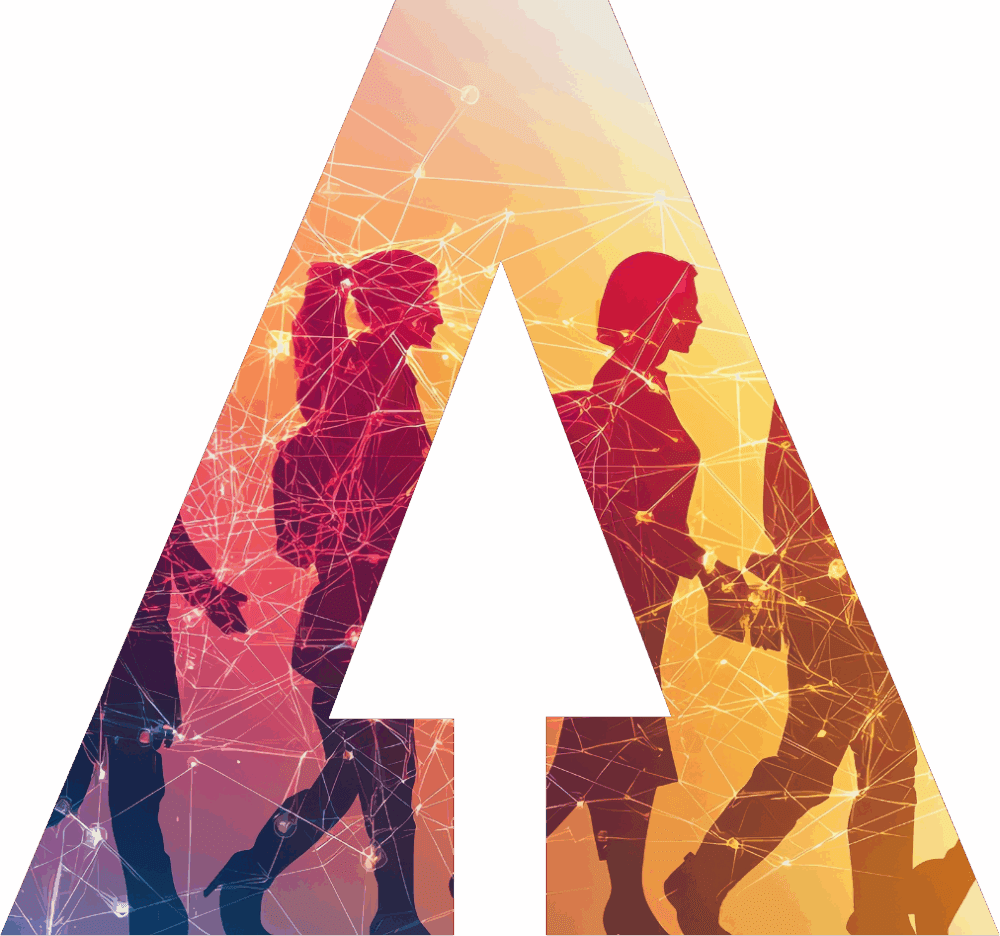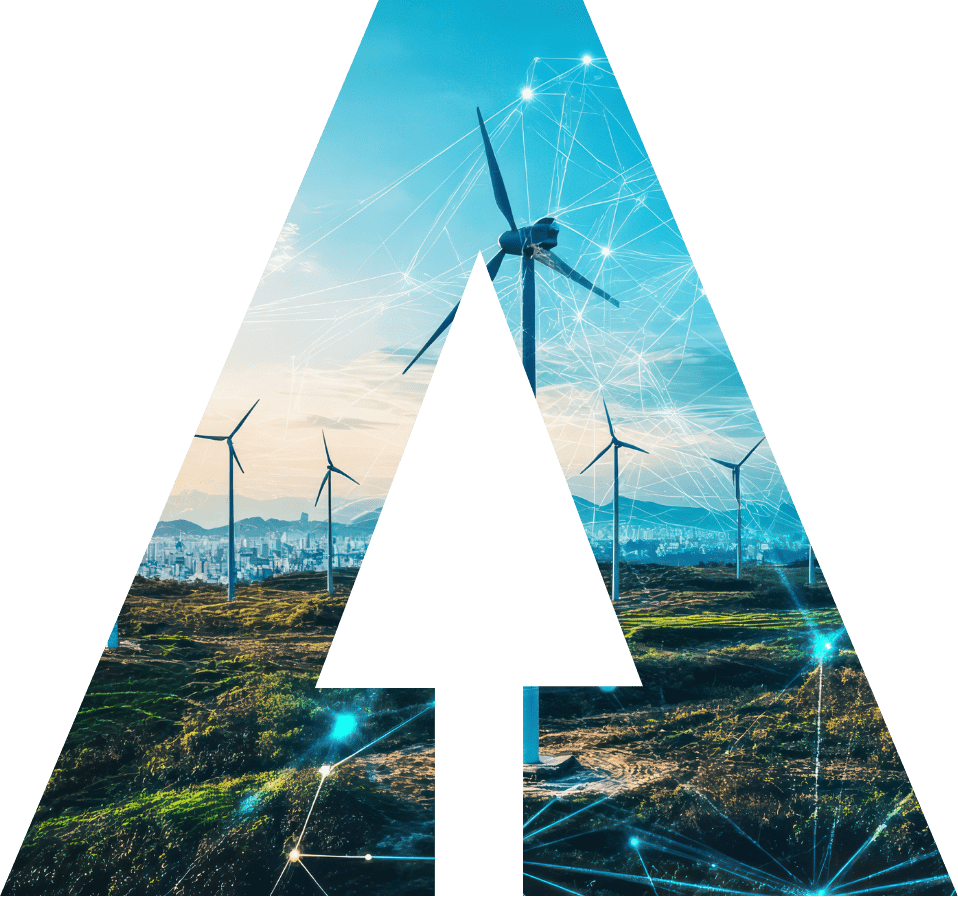At this year’s AI for Good Global Summit in Geneva, a special session of the Innovation Factory Pitching Competition is giving spotlight to women entrepreneurs from the Global South who are using AI to create changes in their communities. Beyond building startups, these finalists are building solutions for pressing challenges around the world, from healthcare and education to sustainability and inclusion.
The Innovation Factory is the United Nations’ leading platform for supporting AI-powered startups that tackle global problems. Run by the International Telecommunication Union, the initiative offers mentorship, networking, funding connections, and a chance to pitch in front of investors and global experts. Each year, standout startups from around the world are invited to share their ideas on stage at the AI for Good Global Summit. This special session was dedicated to women founders from different regions, who are pushing boundaries and leading innovation in powerful ways.
One of the standout pitches in this Innovation Factory session came from Yvonne Baldwin, co-founder and CEO of Ele-vate AI Africa. Representing both Tanzania and South Africa, Yvonne brings to the stage the personal mission to make motherhood safer, more supported, and more empowering for millions of women across Africa and beyond.
Her solution, MamaMate, is a small, AI-powered gadget designed specifically for first-time mothers in rural and underserved areas. In regions where internet access is unreliable and digital literacy is low, MamaMate works offline, runs on solar or USB power, and speaks directly to mothers in their own languages. It helps track baby care routines, offers culturally relevant health advice, checks in on mental well-being through voice prompts, and even provides anonymous emotional support from other mothers.
What sets MamaMate apart is its thoughtful design, not just for technology’s sake, but for real-world conditions where mobile apps and online videos often fail to reach.
“Applied appropriately, AI is humanity’s companion, guiding us to unlock inclusive growth and shared prosperity, leaving no one behind,” Yvonne says.
There is an urgent need, each year, over 30 million women in Africa give birth, many of them with little or no access to postnatal education or support. One in five faces postnatal depression, and a lack of early guidance often leads to long-term developmental challenges for children. MamaMate steps in as a simple, affordable, and dignified tool, giving mothers the information and confidence they need during a critical time.
Ele-vate AI Africa isn’t new to this work. The organization already operates across East, West, Central, and Southern Africa, with a strong focus on building inclusive AI and robotics ecosystems led by women and youth. Through partnerships with institutions like the African Union Development Agency (AUDA-NEPAD) and the African Union High-Level Panel on Emerging Technologies, they’re helping shape a future where African communities build their own tools for change.
But scaling a solution like MamaMate hasn’t come without obstacles; they were part of the journey. First, hardware remains a major hurdle. Creating a durable, locally appropriate device that works offline and remains affordable for low-income families is not so easy. MamaMate aims for a unit cost of just $25–$40, but without large-scale manufacturing partnerships or subsidies, that price point remains out of reach for many of the mothers who need it most.
Second, there’s the complex task of building localized AI content and voice interfaces tailored to the realities of different African regions. From multilingual support in Swahili, Zulu, or Arabic to culturally relevant maternal health guidance, this requires investment in content development, all while ensuring accuracy, empathy, and accessibility in areas with low literacy rates.
Finally, navigating fragmented infrastructure across countries adds operational strain. Regulatory approvals, import logistics, and integration with local health systems. The path to scale is all but linear. At the same time, building trust around AI in communities with low digital exposure is essential and takes time. To overcome this, Ele-vate AI Africa invests heavily in community engagement, co-designing solutions with local mothers, healthcare workers, NGOs, and government partners. It’s a complex ecosystem, but one they are committed to shaping.
For Yvonne Baldwin, AI isn’t just about algorithms or automation, it’s about care. She believes this technology is already reshaping how we think, solve problems, and support each other, especially when it’s grounded in empathy and inclusion.
Her vision for the future is clear: “A future built on equity over hype, impact over prestige, and human dignity over high-level recognition.” Which is also the spirit that drives both MamaMate and the Innovation Factory itself, a belief that technology should serve people first, especially those too often overlooked. As Yvonne puts it “a global space where compassionate creators co-design solutions that advance humanity.”
With MamaMate, Yvonne Baldwin and Ele-vate AI Africa are showing what it looks like when AI is used with care, empathy, and purpose; with the message that no woman should feel alone in motherhood, and no child should be held back because of where they were born.
To see this solution pitch, don’t miss out on the 2025 AI for Good Global Summit, live from Palexpo in Geneva, 8–11 July 2025. Whether in person or online, join voices from around the world combining AI, innovation, and social impact; and witness how women entrepreneurs like Yvonne are shaping a more just and connected world.
Click here to find out more about the Summit!


 Register here
Register here